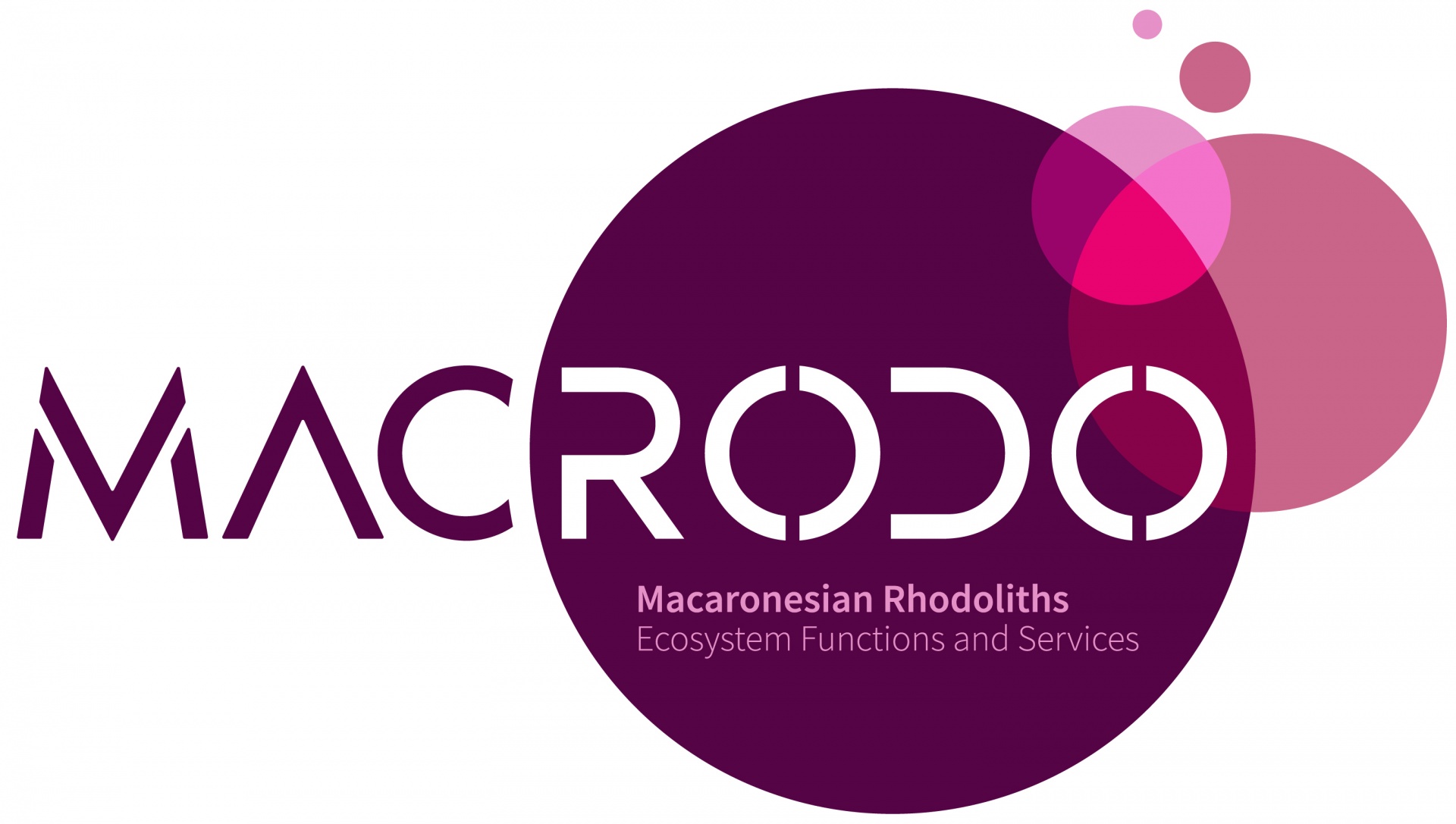
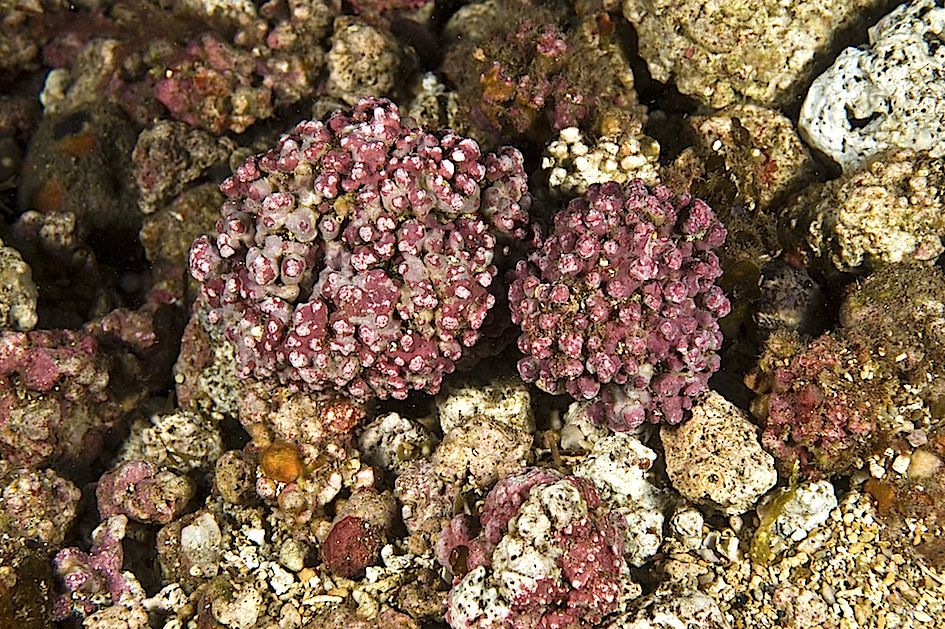
ABOUT MAC-RODO
MAC-RODO, acronym for "Macaronesian Rhodoliths", is a project that seeks to boost the knowledge of the ecosystem services provided by rhodolith beds in the Macaronesian region.
Rhodoliths are red algae that grow unattached to the ocean seafloor in the form of nodules that can vary in size and morphology, potentially occupying vast extensions on coastal ecosystems. The skeleton of rhodoliths is formed by calcium carbonate, and therefore, have the potential to sequester atmospheric carbon and mitigate the effects of climate change.
Despite rhodoliths beds are considered as a habitat of conservation priority by the EU, there is limited knowledge on their extension in the Macaronesian region, their growth and capacity to sequester carbon, as well as their vulnerability to local anthropogenic impacts such as light reduction and increased nutrients loads.
With a duration of 12 months, MAC-RODO is part of the European LIFE4BEST program, funded through the European Union's LIFE Program for the Environment and Climate Action, the French Biodiversity Office (OFB) and the French Development Agency (AFD).
The LIFE4BEST program is a continuation of the EU's BEST initiative. LIFE4BEST provides small-scale research grants for biodiversity conservation and sustainable development in the Outermost Regions of the European Union (ORs).
Project objectives
MAC-RODO combines mapping of rhodolith beds on the island of Gran Canaria, in situ experiments to quantify carbon uptake, and laboratory experiments to estimate their sensitivity to increased nutrients loads and light deprivation.
The project is led by the Atlantic Biodiversity and Sustainability Association (ABAS), located in Gran Canaria, Spain, in close collaboration with researchers from the University Institute for Research in Sustainable Aquaculture and Marine Ecosystems (ECOAQUA) from the University of Las Palmas de Gran Canaria.
The research will be developed transnationally, in collaboration with Madeira researchers within the Life4best project AMACO (2020-M-44- Madeira Maerl Mapping and Conservation). This will facilitate the transfer of knowledge to develop management and conservation plans at regional and local level, as well as to raise awareness among the general public on the importance of these marine habitats.
Researchers involved
In addition to Dr. Francisco Otero Ferrer, principal investigator of the project (ABAS), Dr. Nestor E. Bosch (ABAS), Dr. Fernando Tuya (ECOAQUA), Prof. Ricardo Haroun (ECOAQUA), Dr. Fernando Espino and PhD student Mr. Marcial Cosme will also participate in the project.
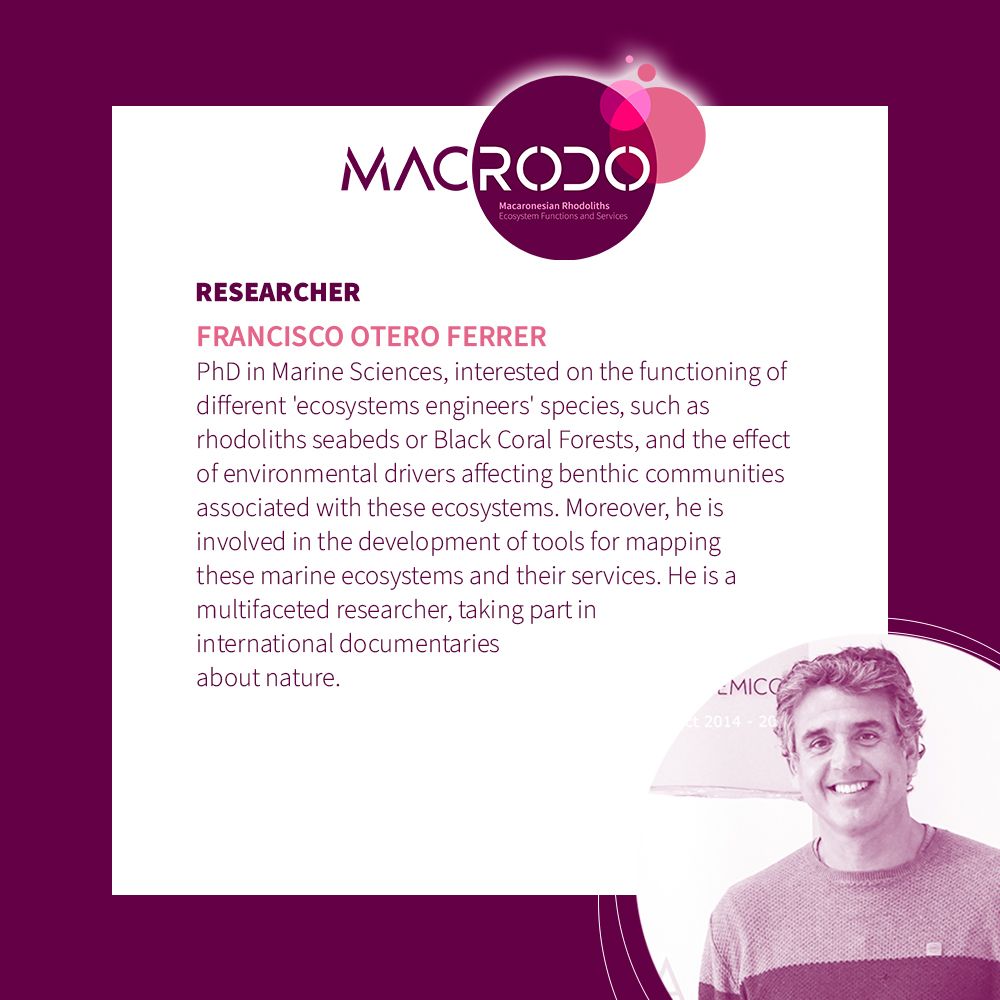
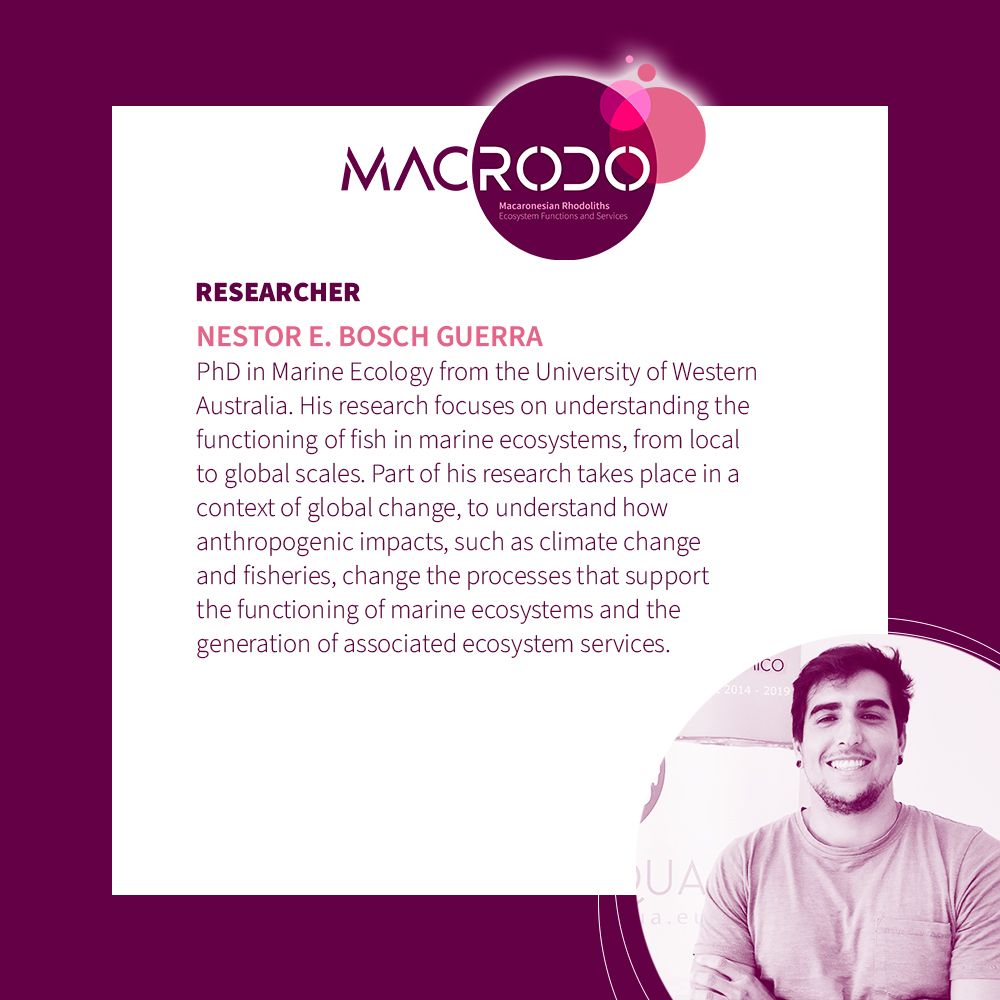
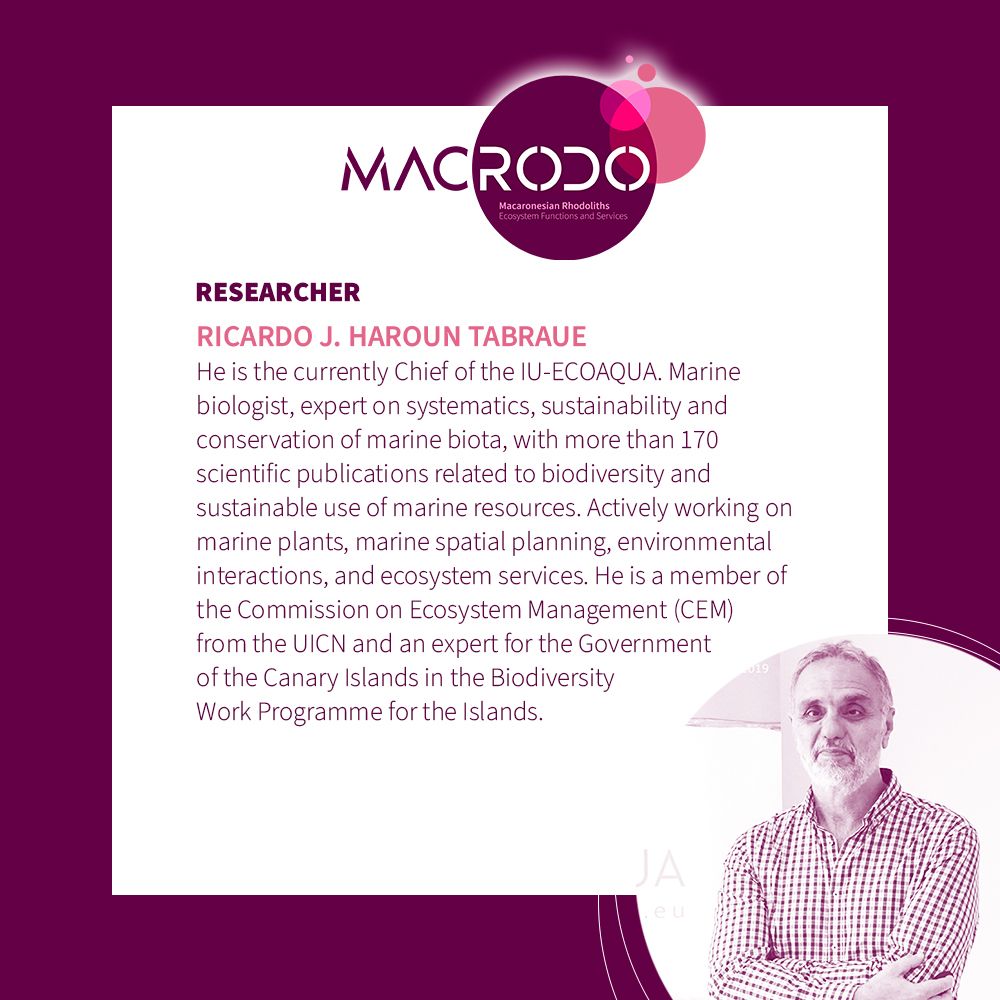 .
.
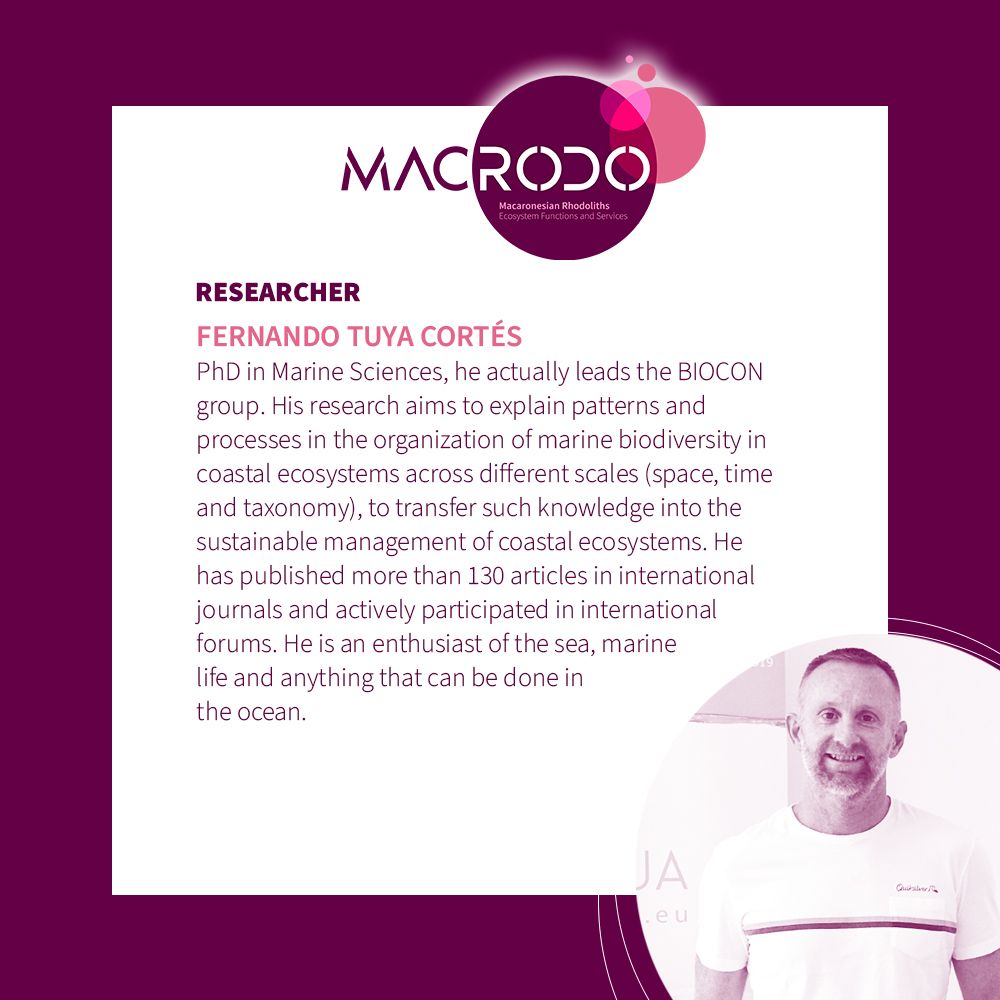
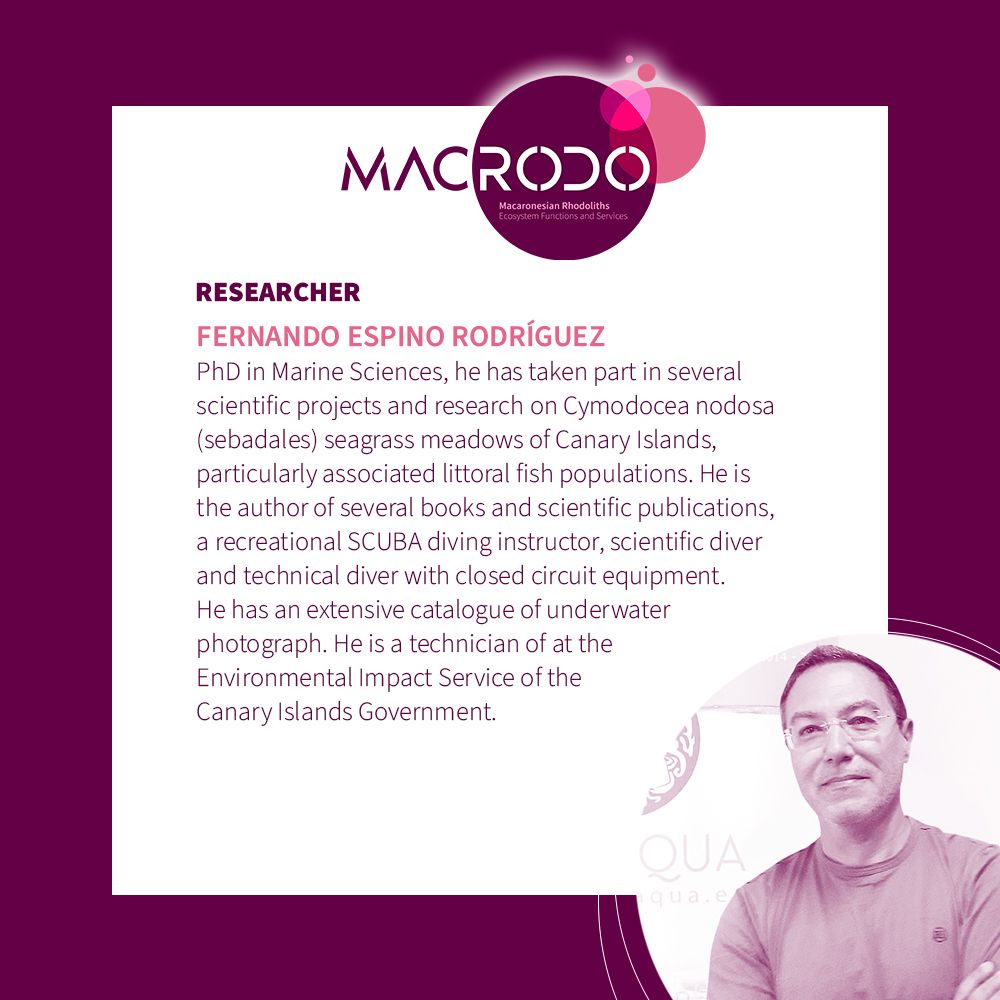
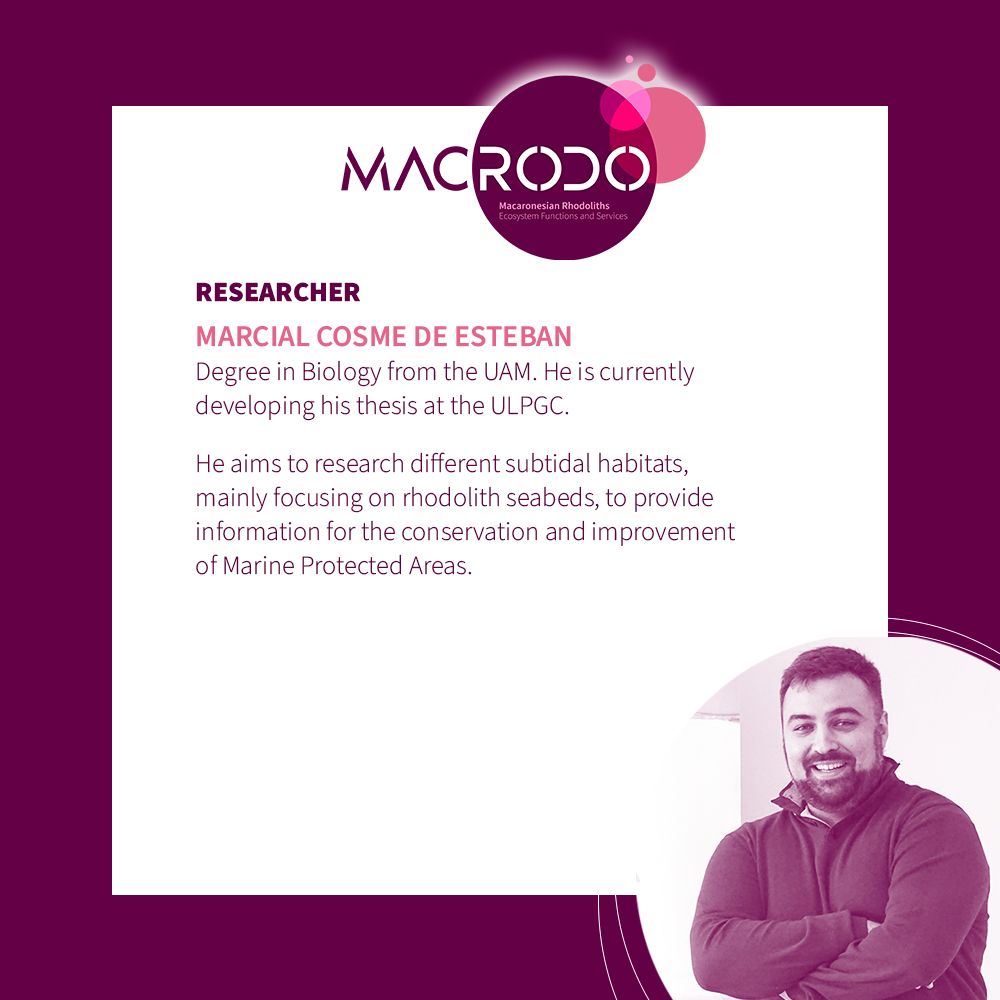 .
.
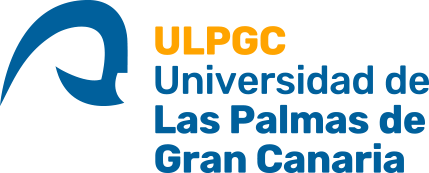
The University Institute ECOAQUA is a research centre that belongs to the University of Las Palmas de Gran Canaria, a public institution that offers a wide range of degrees in all the major areas of knowledge, with the aim of providing comprehensive training to those who come to it, in a commitment based on innovation, quality and internationalisation.













